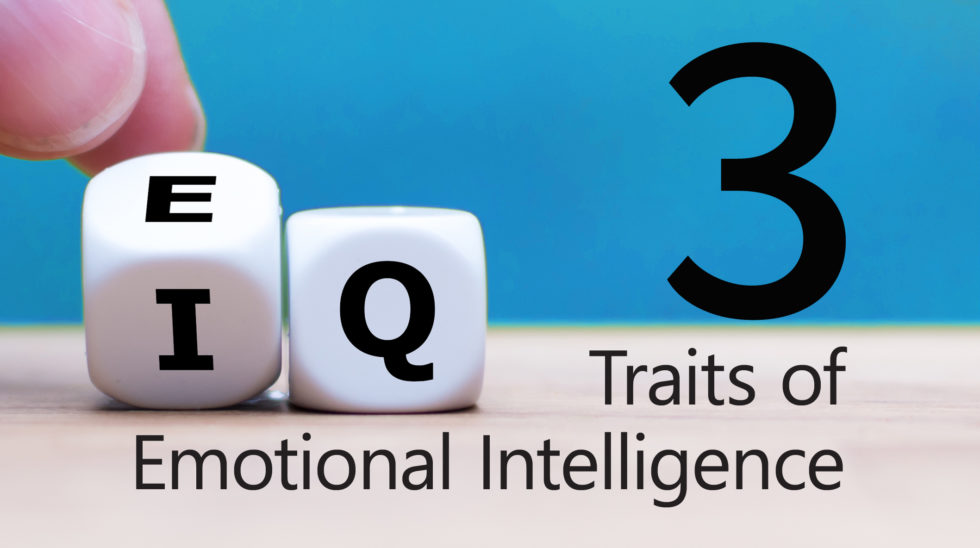
Offices are generally a melting pot of different types of personalities. There are the drama queens/kings, the gossips, the shrinking violets and the go-getters, just to name a few. If you learn to look carefully, however, you will most likely find at least one person that never seems to be involved in major office drama, yet also doesn’t shrink away from confrontation. They never have juicy gossip to offer and they usually don’t provide a willing ear for it either. These are emotionally intelligent people.
Emotional intelligence is often considered a soft skill, however it may be the most critical one for business success. Similar to almost all other types of intelligence, emotional intelligence is a muscle you can develop and build over time. And, it may take you far further than skills like coding, writing or administration skills.
High EQ people are a sort of Sherlock Holmes of human behaviors. They know who to avoid in the morning before they have had their coffee, who to approach if they want to get things done and who has the most social influence over others. Here are three main traits of emotional intelligence and how you can begin to practice it at work.
Listen and learn.
Active listening may be the biggest superpower of emotionally intelligent people. They do this by observing and listening. The best salespeople and customer service agents are those that genuinely listen to the customer or client. By genuinely listening, one is able to understand what a customer’s unspoken needs are. This makes for the best service experience. When you can meet needs they may not even be aware they have, you can be more effective professionally.
Get curious.
Curiosity from a place of empathy is the gateway to high emotional intelligence. Empathy not only involves understanding how others are feeling, but how one responds to these emotions. Emotionally intelligent people strive to understand others and why they may be acting or responding in a certain way. They are astute at interpersonal dynamics and can better connect and build deeper relationships.
Neutralize toxicity.
Since high EQ people can control their reaction to emotions by focusing on their thoughts, they are usually good at dealing with and managing difficult people. They typically don’t allow anger or frustration to derail a situation when a toxic person confronts them. They may even strive to understand their point of view and focus on the solution, while taking everything with a grain of salt and not allowing toxicity to sabotage their emotional well being.
Putting EQ to work.
Once you start to recognize the small clues people are constantly dropping about themselves, you will begin to sharpen your awareness of others as well as yourself. Pay attention to nonverbal communication—signals that people send through their body language. Be mindful of your feelings and how these emotions influence the way you respond, impact your decisions and direct your interactions with others. Practice self-regulation by managing your emotions and adapting to changing situations. One important way is to pause and think before reacting to choose a calmer, more rational choice once you’ve considered all the possibilities.
Being emotionally intelligent is, above all else, learning things about people that they may not even know about themselves. While some may use this knowledge to manipulate others to their advantage, those with integrity use emotional intelligence to develop a growth mindset, increase collaboration, find solutions and improve the workplace.
Originally published on Tim Noonan’s website.

